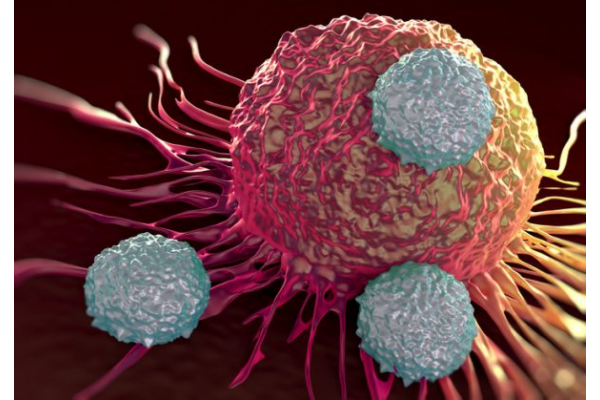FDA Calls for New Safety Warning for the Class of CAR T Cancer Therapies
January 25, 2024
Source: drugdu
 334
334

Two months after announcing an inquiry into reports of new cancers in patients treated with CAR T-cell therapies, the FDA is directing makers of these therapies to add new safety warnings to product labels describing this risk. Companies have 30 calendar days to comply.
By FRANK VINLUAN
Post a comment / at 7:04 PM
Stricter safety warnings are coming for the cancer treatments known as CAR T-therapies. The FDA is instructing makers of the six approved cell therapies in the class to revise their labels to state that these treatments for cancer come with the risk of causing new cancers.
The labels of CAR T-therapies already come with black box warnings that alert physicians and patients of risks that include an excessive immune response and neurotoxicity. Letters sent to the drugmakers last Friday instruct them to add additional language to the boxed warning stating that T cell malignancies have occurred following the treatment of these cells therapies. The additional warning would also be included in other relevant sections of the label. The label revisions follow an inquiry into the risk of secondary cancers that the FDA announced in November, a probe sparked by reports of such cancers in patients who received these therapies in clinical trials as well as in the market.
CAR T-therapies are made by harvesting and modifying a patient’s own T cells. The modifications engineer these cells to express a receptor for a target expressed on certain cancer cells. The CAR T-therapies currently approved target either BCMA to treat multiple myeloma, or CD19 to treat certain leukemias and lymphomas.
The FDA approved the first CAR T-therapies in 2017, decisions covering the CD19-targeting Kymriah from Novartis and Yescarta from Gilead Sciences. Tecartus, a different CD19-targeting CAR T-therapy from Gilead, is approved for treating mantle cell lymphoma. Bristol Myers Squibb has two approved CAR T-therapies: Breyanzi for certain forms of non-Hodgkin lymphoma and Abecma for multiple myeloma. Johnson & Johnson’s BCMA-targeting cell therapy is the multiple myeloma treatment Carvykti.
The engineering of a T cell to express a chimeric antigen receptor, or CAR, requires a viral vector to deliver and introduce a gene into the cell. This step can create a new mutation that can lead to cancer—a known risk of cell and gene therapies made with viral vectors. In the revisions to the drug labels, the FDA said language should state that “mature T cell malignancies, including CAR-positive tumors, may present as soon as weeks following infusion, and may include fatal outcomes.”
The FDA is giving the cell therapy makers 30 days from the Jan. 19 letter date to submit proposed drug label language changes. The companies have the option of adopting the language the FDA used in its correspondence with the companies. But if drugmakers believe no label change is warranted, they must submit a rebuttal statement explaining why.
Image: royaltystockphoto, Getty Images
By editorRead more on
- Phase III Clinical Trial of Recombinant Staphylococcus Aureus Vaccine Progressing Normality January 21, 2026
- Its drug marketing application for injectable iza-bren has been accepted January 21, 2026
- Kain Technology withdrew a drug registration application, resulting in a profit reduction of 111 million yuan in 2025 January 21, 2026
- Received Notice of Approval for Drug Clinical Trial January 21, 2026
- Breaking news! AstraZeneca to be delisted from Nasdaq. January 21, 2026
your submission has already been received.
OK
Subscribe
Please enter a valid Email address!
Submit
The most relevant industry news & insight will be sent to you every two weeks.



